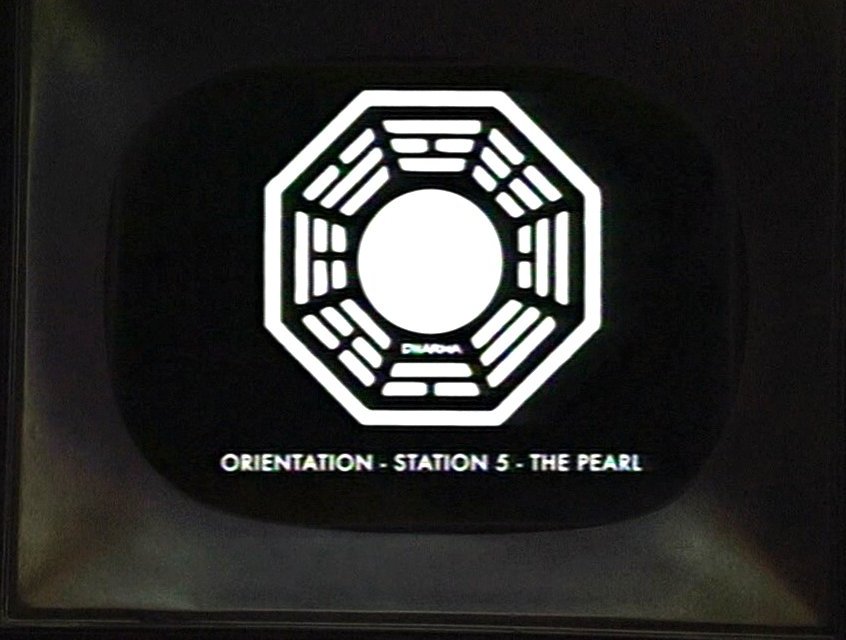O knit me, that am crumbled dust! The heap
Is all dispersed and cheap;
Give for a handful, but a thought
And it is bought;
Hadst thou Made me a star, a pearl, or a rainbow,
The beams I then had shot
My light had lessened not,
The world Is full of voices; Man is called and hurled
By each, he answers all,
Knows ev'ry note and call,
Hence, still Fresh dotage tempts, or old usurps his will.
(from Henry Vaughan's "Distraction")
It's time to find a way to either renounce what I've always thought of as my vocation in life, or to reinvest myself in pursuit of it, but in a new way that sheds all the inertia of the past several years.
What does this mean?
The first thing: renovate my understanding of "virtue." That is, recover a sense of virtue as the cultivation of what is best in me--the particular set of excellences I own and am answerable to. Developing this new and more accurate vision of virtue will allow me to act with much less fear and much less risk-aversion than I've been accustomed to. I owe the insight to Jonathan Haidt's much-praised book The Happiness Hypothesis, which I found pleasant reading but perhaps not quite as straightforwardly scholarly as I had hoped (though it is by no means poorly researched . . . I was just looking for something written in a bit of a higher register).
That all said, I found it hard today to focus on much of anything. Sigh.




